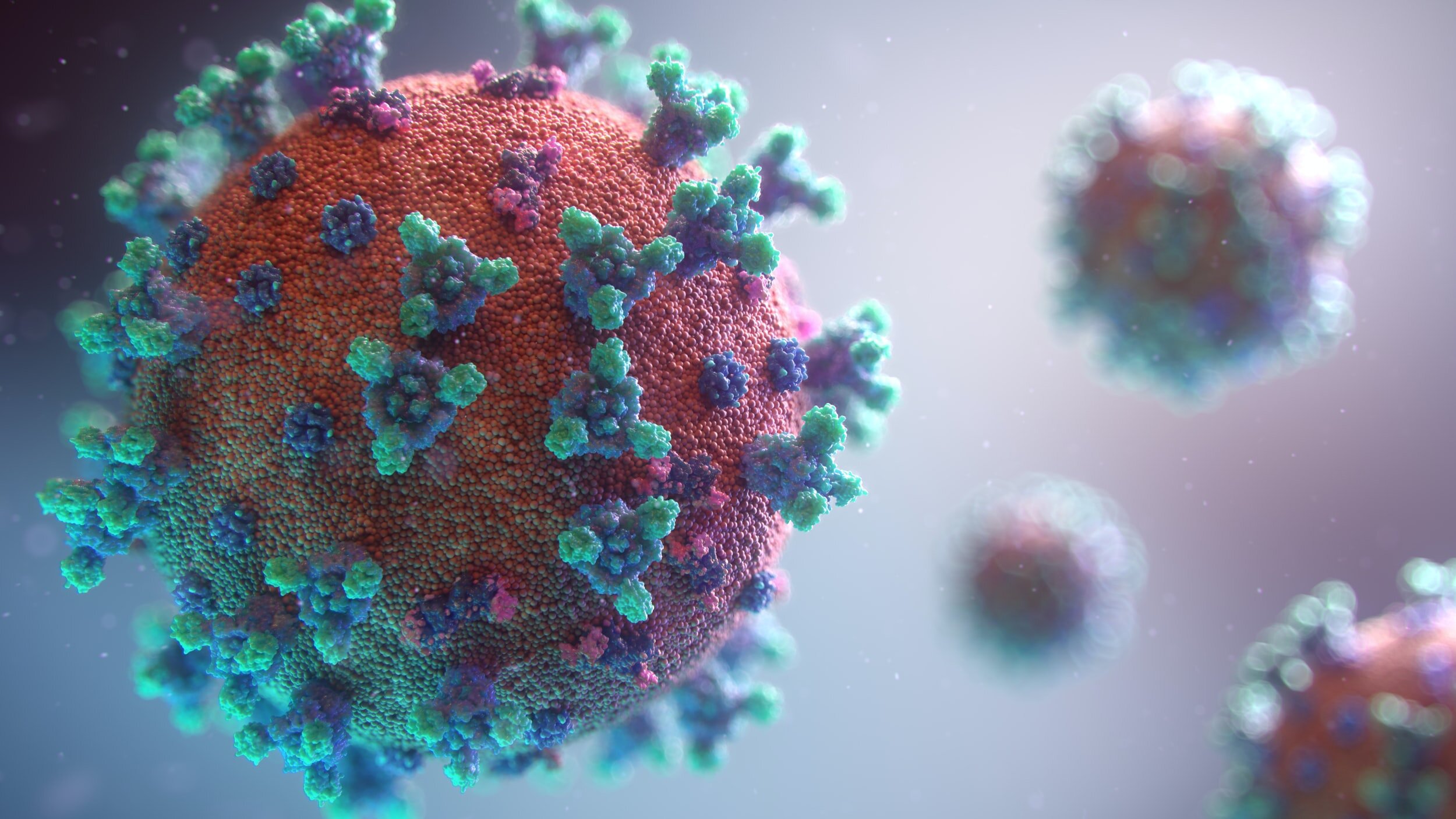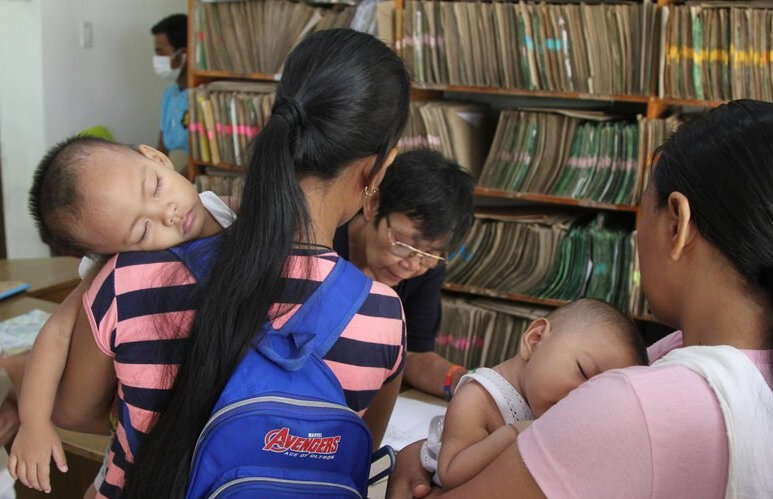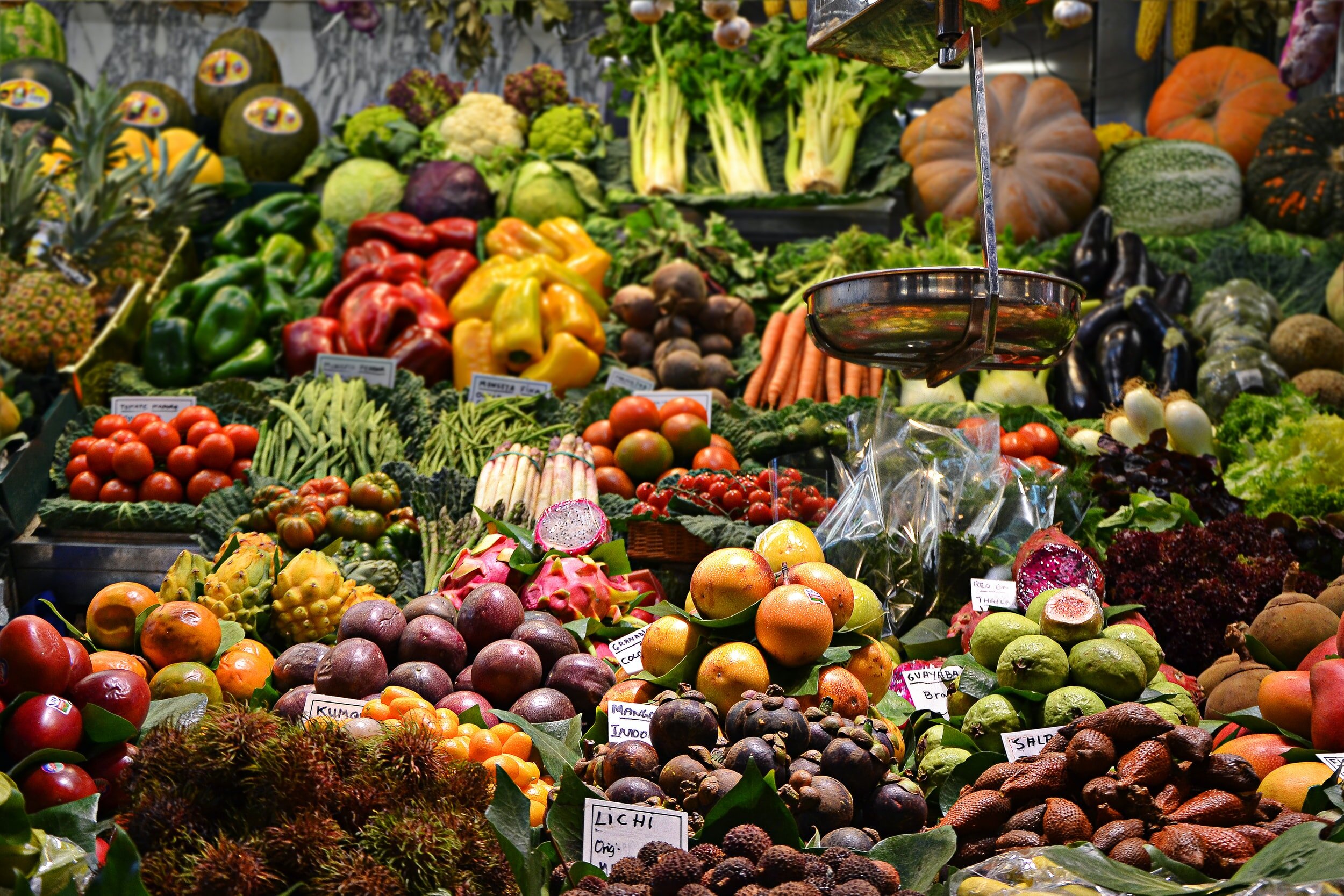Editorial

Addressing Mental Health to Increase Isolation Compliance: We Are All in this Together
As the COVID-19 pandemic progresses, people around the world are being asked to self-isolate for at least a period of 14 days, and socially distance from one another…

Human Encroachment and the Spread of COVID-19
With the spread of COVID-19, classified as a pandemic by the World Health Organization, the global health community has put most, if not all, of its attention on stopping the spread of this virus and treating the thousands already infected…

Health systems – of the people, by the people, for the people
The health system is the backbone of healthcare service delivery. At a national level, health systems provide the foundation for health policy and legislative framework, resource allocation (financial and human) …

Tensions between the Convention on the Elimination of All Forms of Discrimination against Women (CEDAW) and Cultural/Religious Practices: Call for Activist and Grassroot Reforms
Although the Universal Declaration of Human Rights confers protection to all individuals irrespective of gender, it has proven largely inefficacious in promoting women’s rights…

A Double-Edged Sword: The Implications of Dual-Use Research
Scientific research holds immense value for society, but it can also be a double-edged sword if used for harmful purposes…

Mitigating the Cultural Factors Barring Recent Immigrants’ Access to the Canadian Health Care System
Despite the advent of a new decade, we appear to have carried with us many of the same growing fears that were building up toward the end of 2019 through to 2020…

The Impact of War on Women and Women’s Health
The issue of war and conflict in a nation state and the impact on citizens, especially on women and children, is critical in terms of research and peace-building processes…

Responding to War: Is Public Health the Answer?
As current political tensions point toward war, the protection of civilians in conflict area’s right to health must be considered and protected…

Tofu, Recycling Shipments, and Dioxin: How the Western World’s Waste is Contaminating Food in South-Eastern countries
The West takes pride in its general emphasis on recycling. Most homes have recycling facilities nearby, public facilities such as malls and parks have numerous bins, and schools teach their students about the importance of sorting and properly disposing of their waste…

Femicide: A Global Social Evil
The United Nations (UN) defines violence against women and girls (VAW) as “any act of gender-based violence that results in, or is likely to result in, physical, sexual, or mental harm or suffering to women, including threats of such acts, coercion or arbitrary deprivation of liberty, whether occurring in public or in private life”…

The Pursuit of Happiness in Global Health Systems
The way we define health has changed radically in the past century. In 1966, the Alma Ata Declaration brought forward the concept of health for all, without discrimination…

Climate on the Mind: The Psychological Effects of Climate Change
Daily life is relatively unpredictable. The lack of job security, capricious governments, stagnating economic growth, along with the micro-annoyances of an average day, can amount to significant loads of stress.

Canada’s National Failure: Indigenous Health
Canada is one of the most developed nations in the world, known for its universal healthcare system, world-class education, and multiculturalism. Yet, the construct of Canadian society has severely disadvantaged Indigenous Peoples, with decades of discrimination and inequities…

An Unhealthy Synergy: Linking Poor Health Services to Civil Unrest in Latin America
At the core of the World Health Organization’s mission is “the attainment by all peoples of the highest possible level of health”. However, with continuous health inequalities, unequal access to medical care, and historical trauma in Latin America…

The Spillover Effect of Vaccine Hesitancy
As of July 2019, the Philippines reported over 39,000 measles cases, which is the country’s largest measles outbreak since 2014. The reason for the outbreak may be linked to a controversy surrounding the dengue vaccine…

Ultra-Processed Food and Our Generation: Does the food we eat engineer our own epidemics of disease?

The 2019 Canadian Election: What Federal Leaders have Promised on Pharmacare
A source of Canadian pride is the universal healthcare system. As citizens, many of us are proud that this country ensures the healthcare needs of all citizens, regardless of one’s income…

Neoliberalism and Food: How We Circled Back to Traditional Diets
The introduction of processed foods into global diets reflects the long reach of capitalism, and its seamless incorporation into everyday life. Even though the alarming rates of obesity and heart disease are frequently associated with the United States and similar Western contexts, the effects that processed foods have had on…

Rehabilitation in Health Systems: Achieving Equitable Global Policy
According to the World Health Organization (WHO), rehabilitation is “a set of measures that assist individuals who experience, or are likely to experience, disability to achieve and maintain optimal functioning in interaction with their environments”…

Keeping Up With Philanthrocapitalism: The Perils, the Lies, and the Injustices
Practicing philanthropy and charity has been an increasingly common concept over the years, especially within the field of business marketing and retail. Defined as the social corporate responsibility of private corporations to address social and environmental challenges, philanthrocapitalism has steered many businesses towards incorporating charity giving within their business framework…
